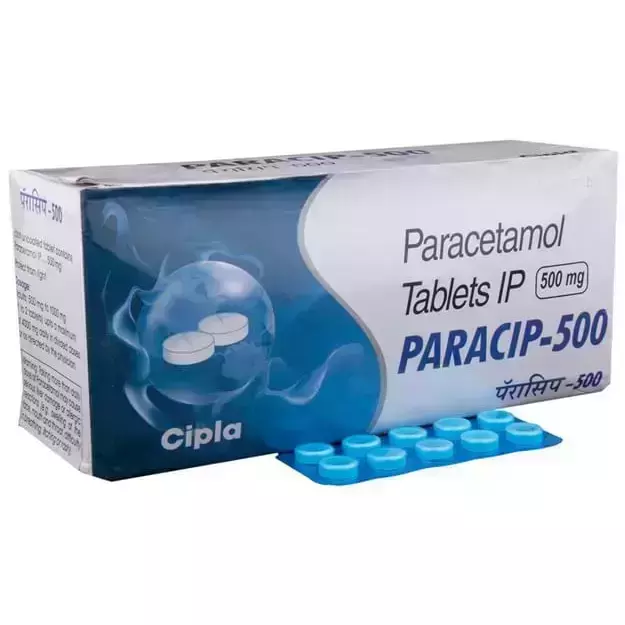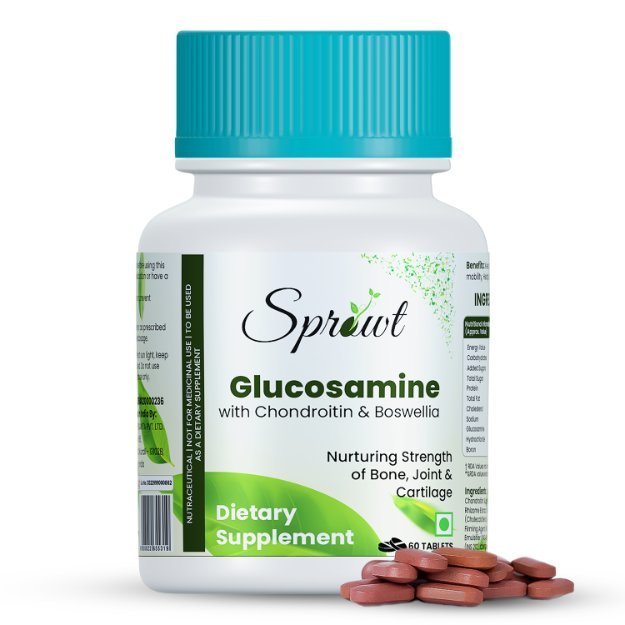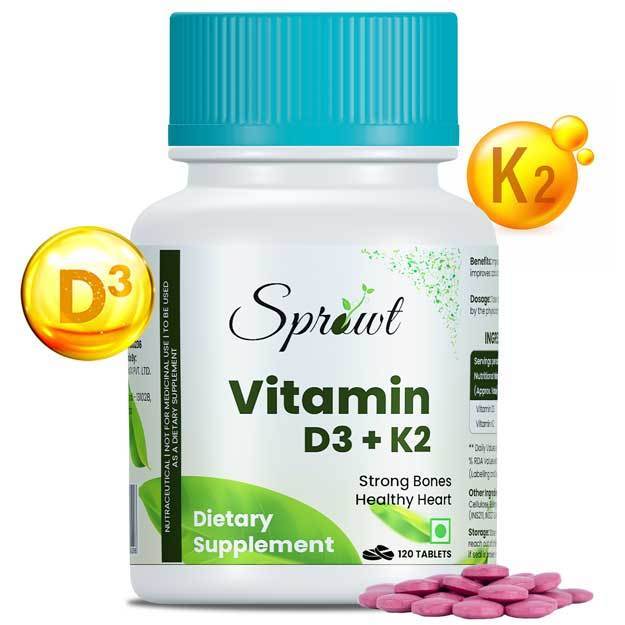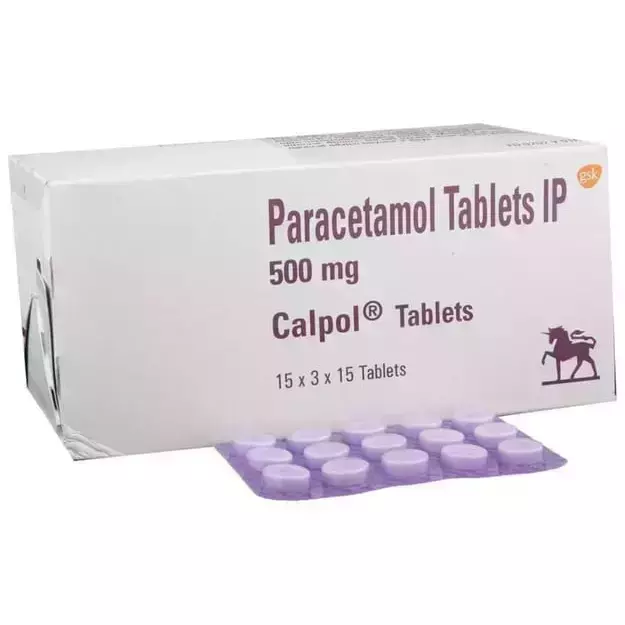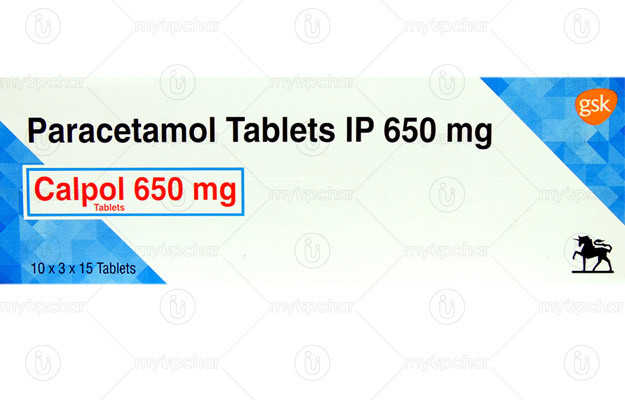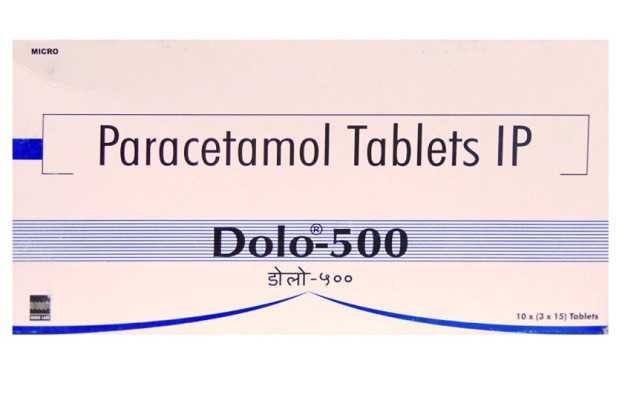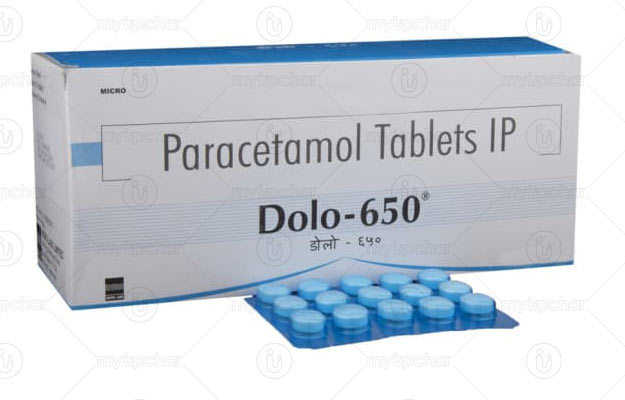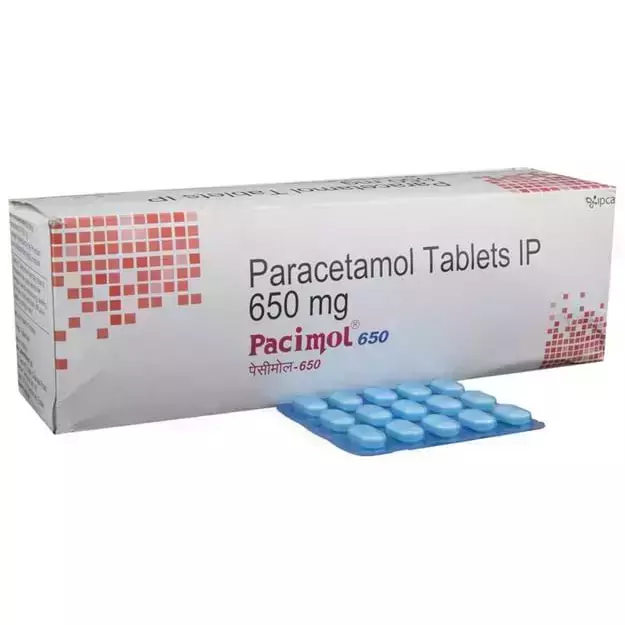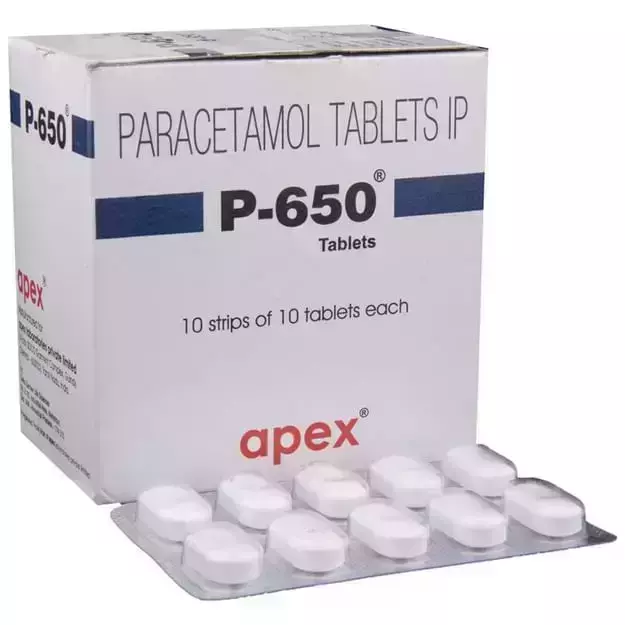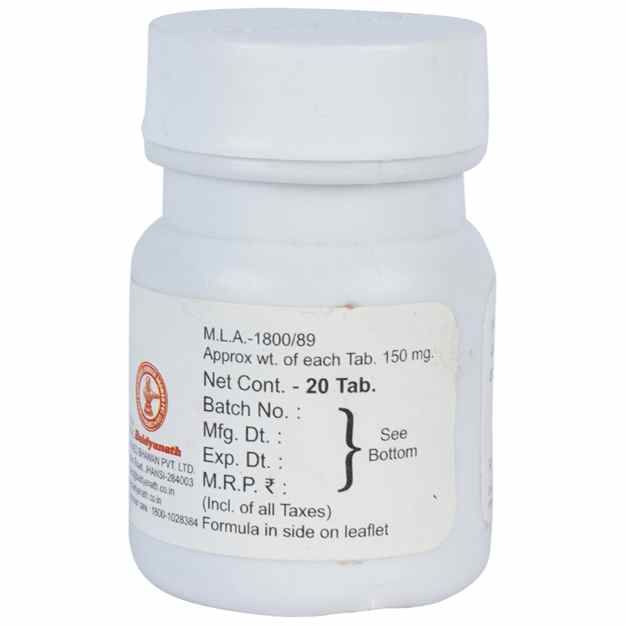Pacimol Injection (1) is a prescription drug, available for use as Injection. Fever, Headache, Pain are some of its major therapeutic uses. Secondary and off-label uses of Pacimol Injection (1) have also been mentioned below.
The correct dosage of Pacimol Injection (1) depends on the patient's age, gender, and medical history. Individual symptoms and route of administration also determines the right dosage. Refer to the dosage section for a detailed discussion.
Apart from the aforementioned side effects, Pacimol Injection (1) can also lead to other problems, which have been listed below. These side effects of Pacimol Injection (1) are usually temporary and subside with the completion of treatment. However, if these continue for a longer time, consult your doctor right away.
Pacimol Injection (1)'s effect during pregnancy is Safe and Safe while nursing. It is important to know if Pacimol Injection (1) has any effect on the kidney, liver and heart. Information on such adverse effects, if any, has been given in the Pacimol Injection (1) related warnings section.
Pacimol Injection (1) is contraindicated in people with pre-existing medical conditions like Kidney Disease, Liver Disease, Drug Allergies as it can result in adverse effects. The section on Pacimol Injection (1) contraindications lists all such conditions.
Besides this, Pacimol Injection (1) may also have severe interaction with some medicines. Refer to the list below for further details.
In addition to the above precautions for Pacimol Injection (1), it is important to know that it is safe while driving, and is habit-forming.
X




